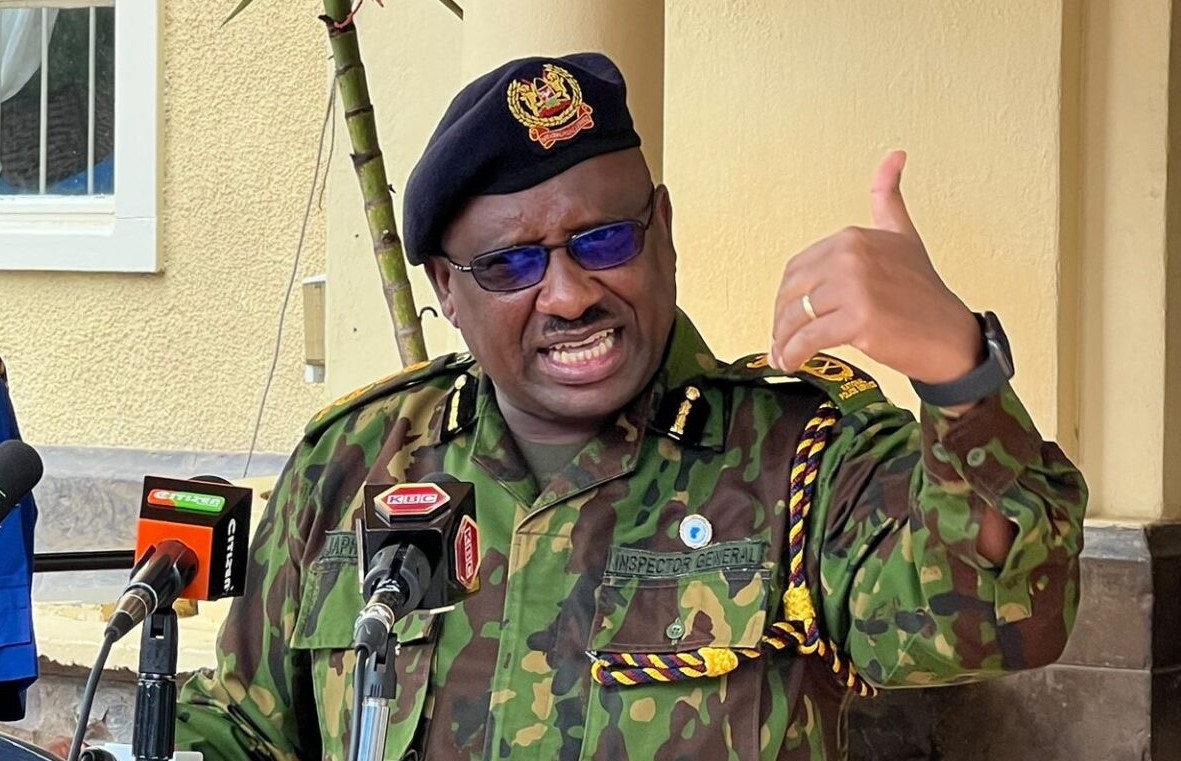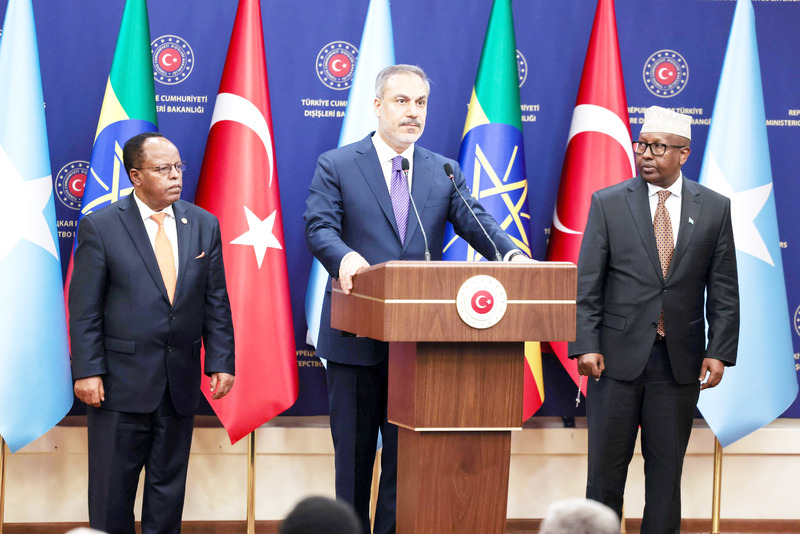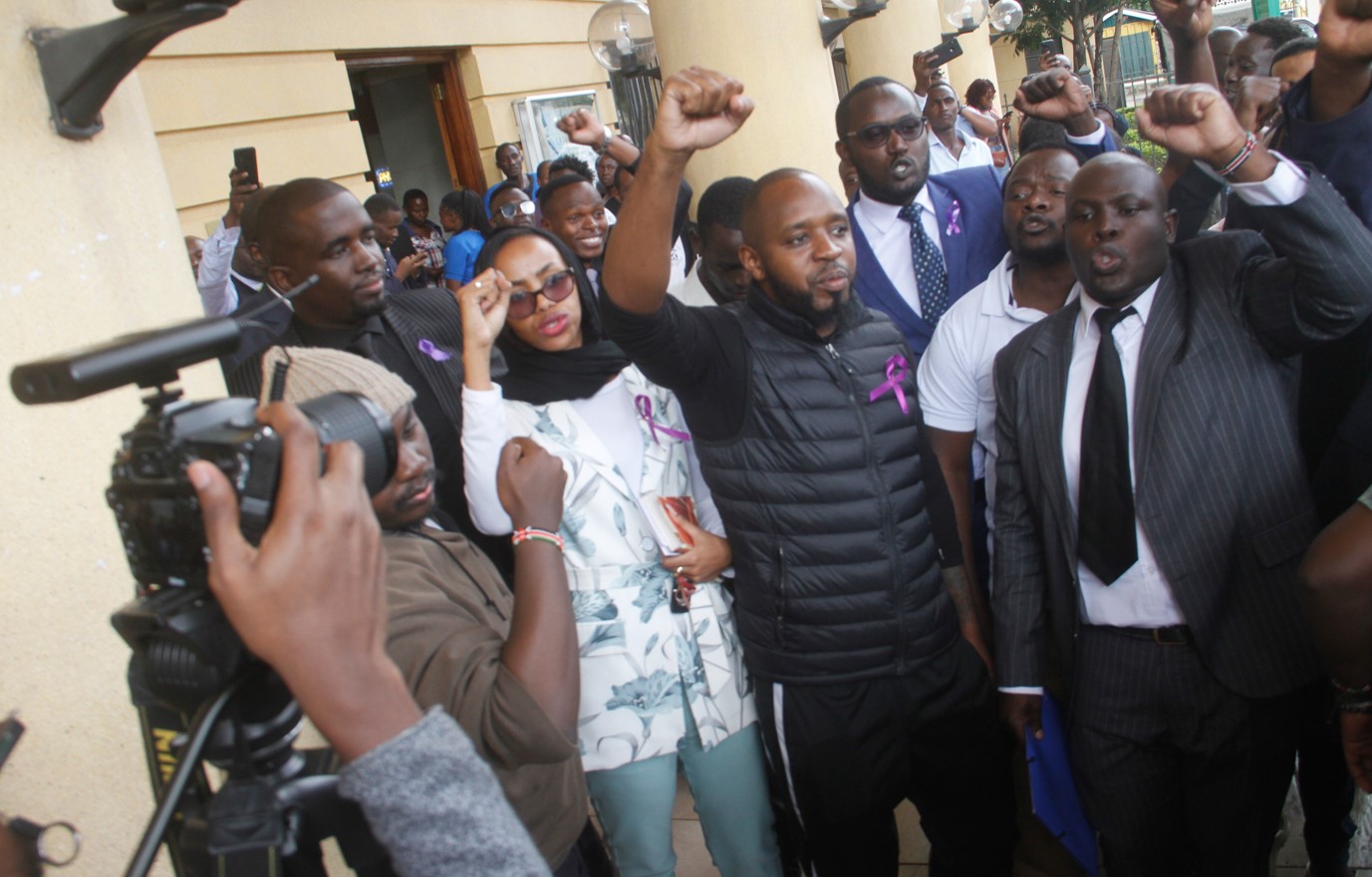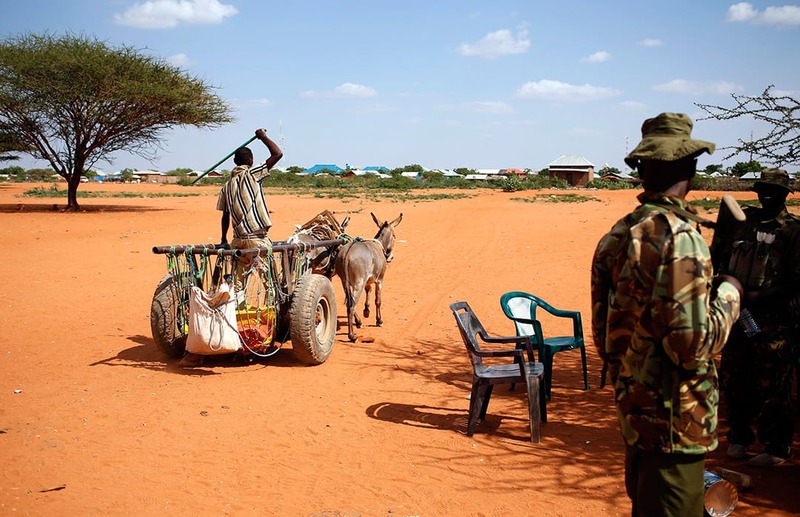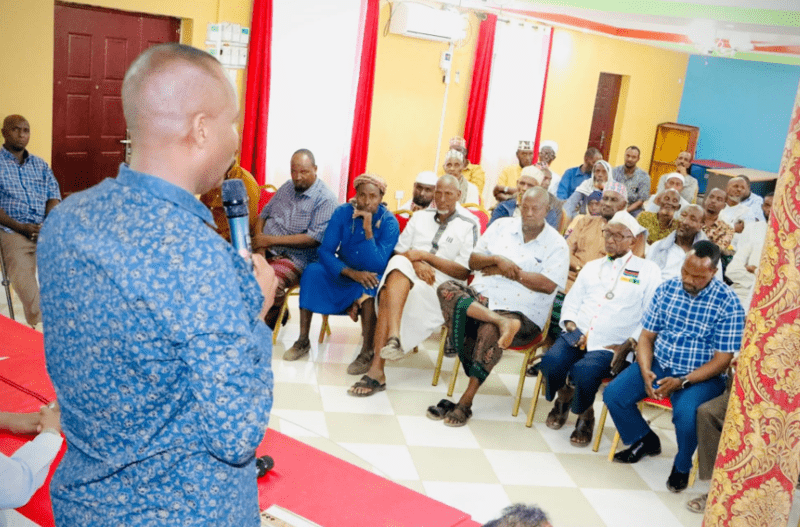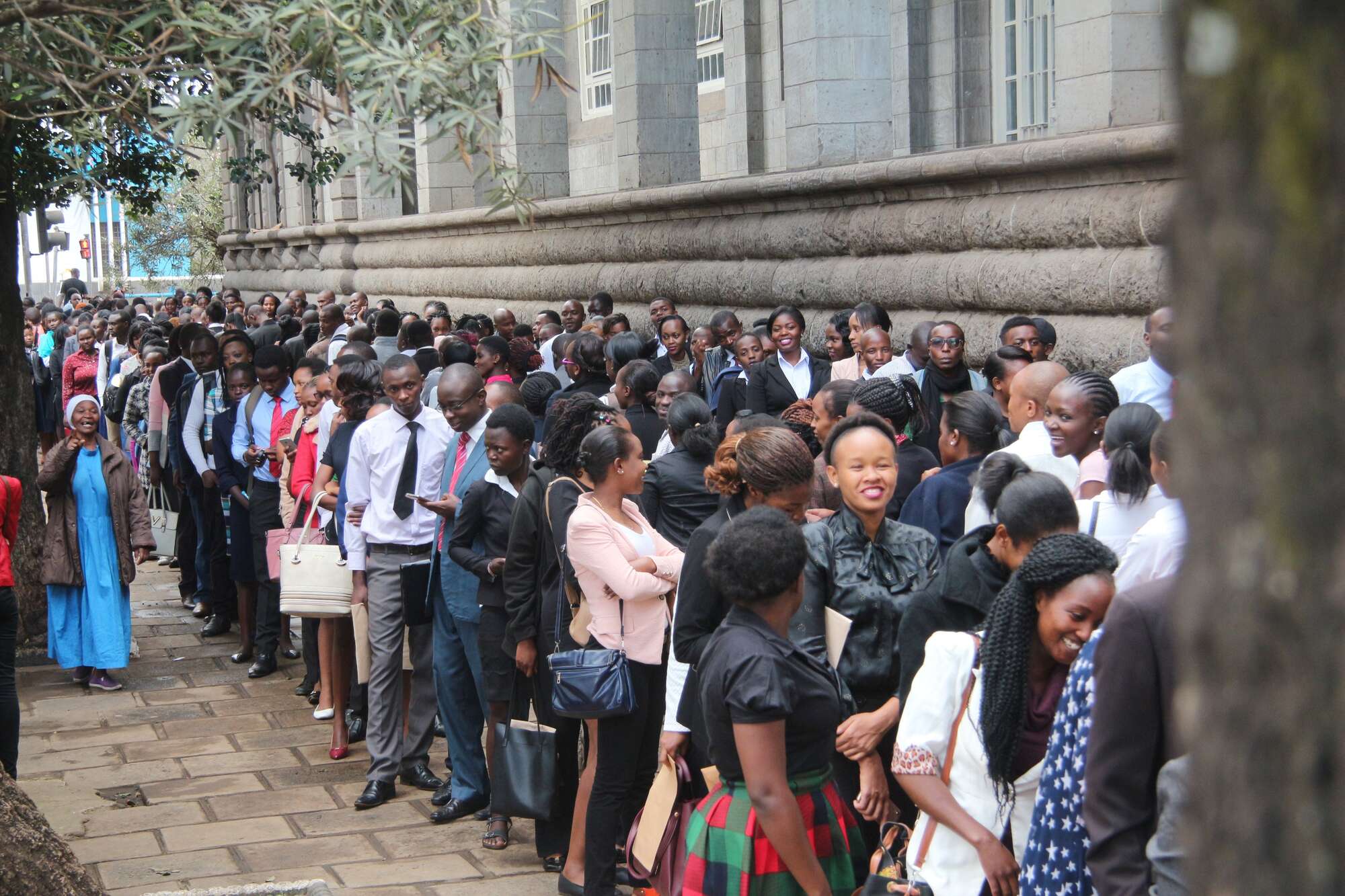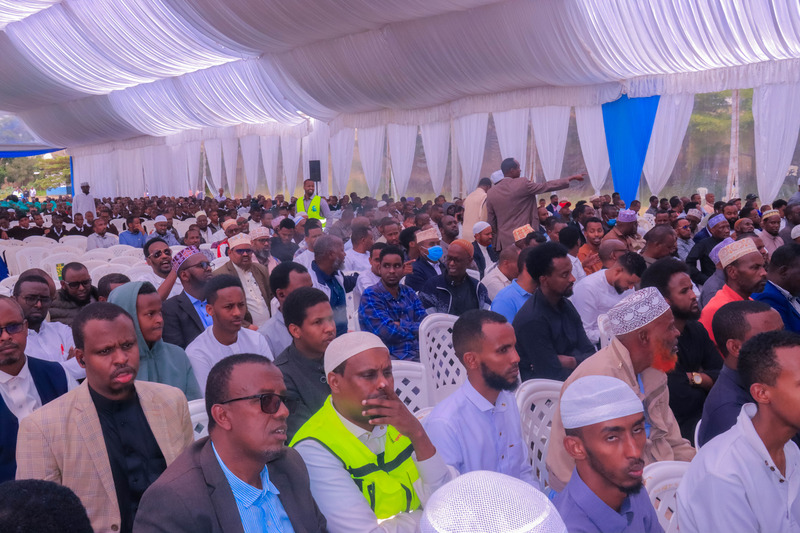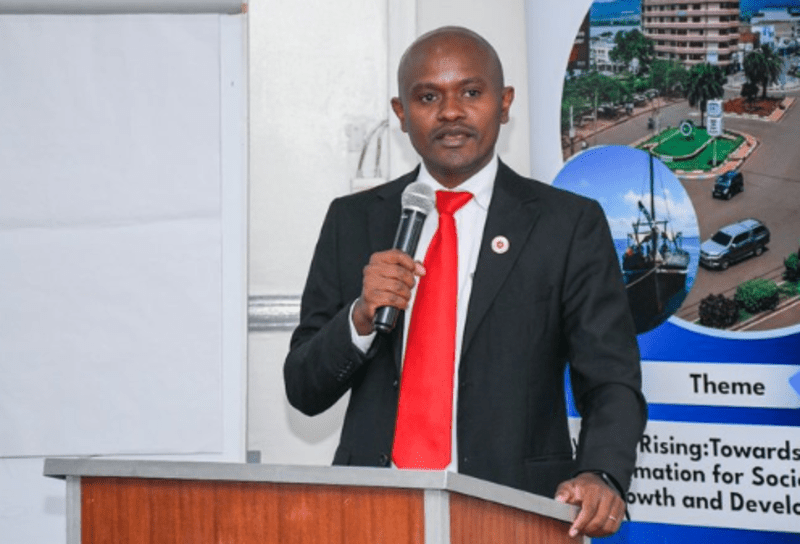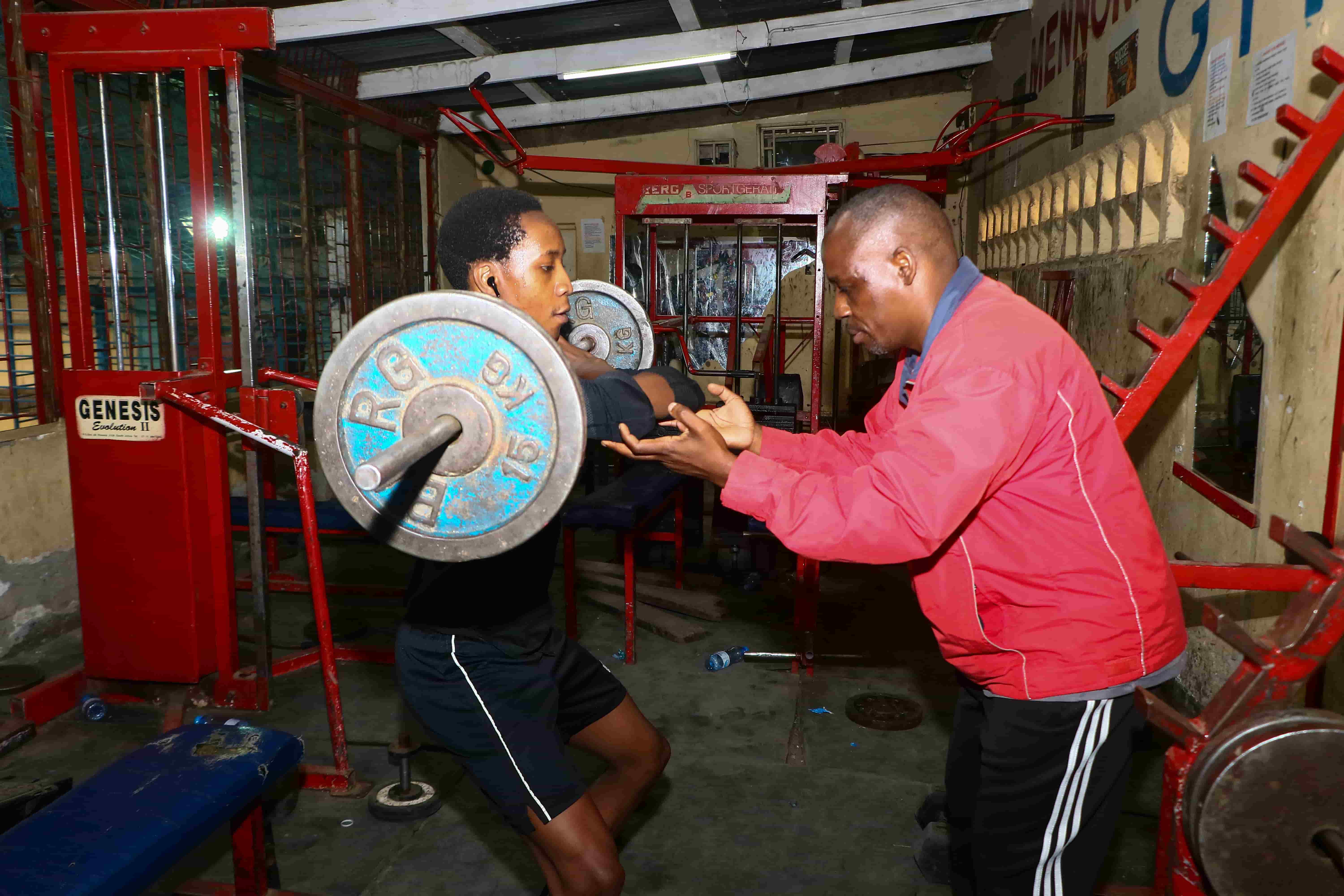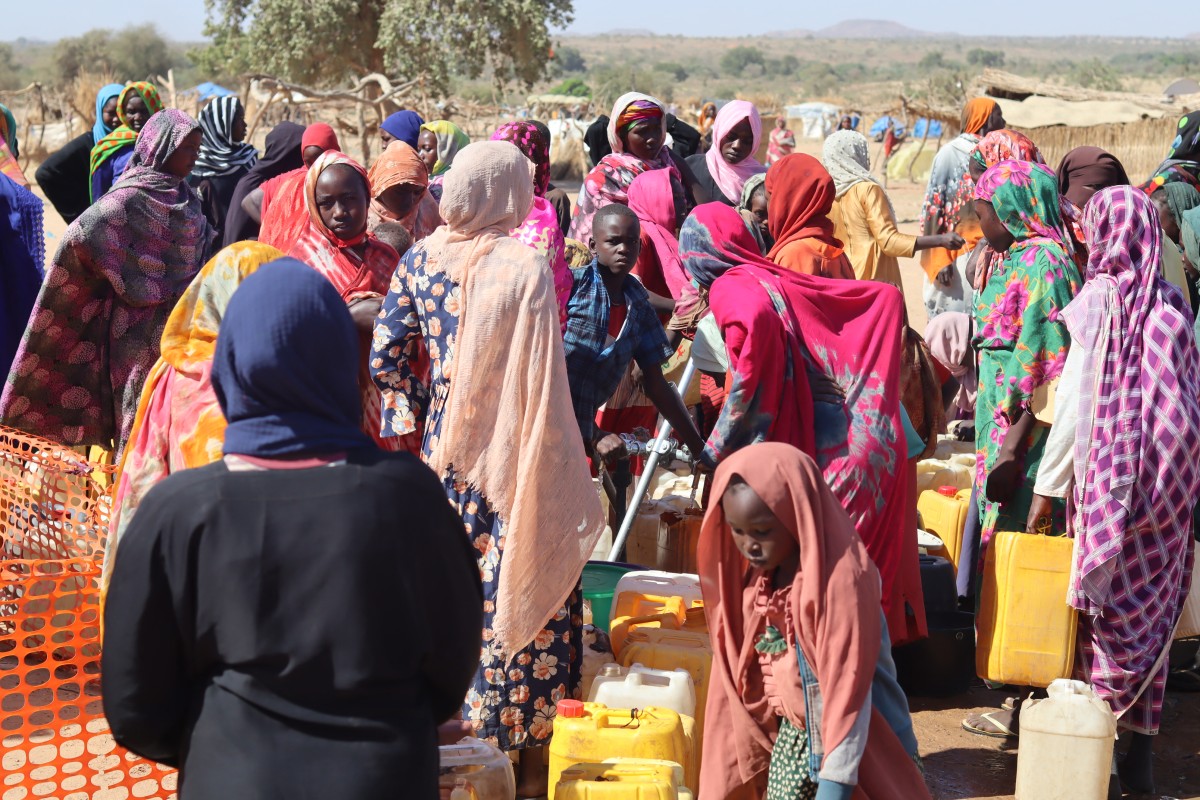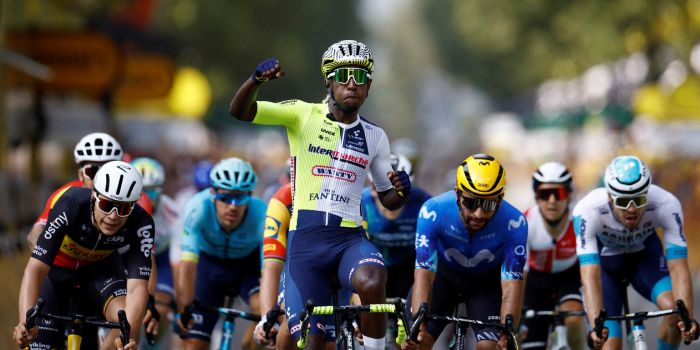African economies resilient despite structural challenges and severe shocks - report
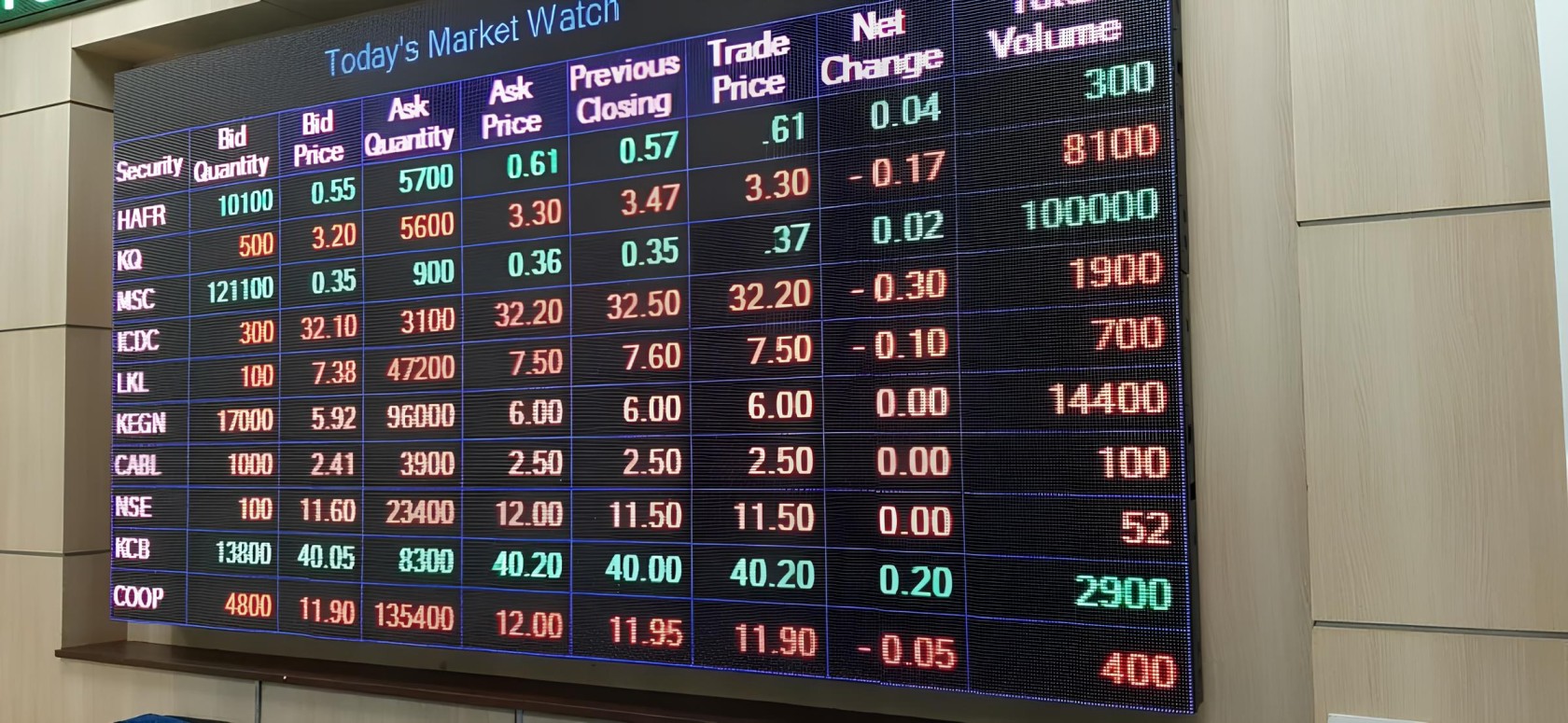
By Hanifa Adan |
This anticipated rebound in growth is expected to be supported by improvements in global economic conditions and effective policy measures.
The African Economic Outlook 2024 highlights the resilience of African economies amidst a backdrop of significant structural challenges and severe shocks.
These include heightened food and energy prices driven by geopolitical tensions, particularly Russia's invasion of Ukraine, climate issues affecting agriculture and energy production, and persistent political instability.
Keep reading
In 2023, Africa's real GDP growth slowed to 3.1 per cent, down from 4.1 per cent in 2022. Despite this drop, the outlook is optimistic, with growth expected to rise to 3.7 per cent in 2024 and 4.3 per cent in 2025.
This anticipated rebound in growth is expected to be supported by improvements in global economic conditions and effective policy measures.
Consequently, Africa is poised to remain the second-fastest-growing region globally, with 40 countries projected to achieve higher growth rates compared to 2023. However, achieving sustainable economic and social transformation remains a significant challenge.
Historically, growth rates have been insufficient to offset population increases, resulting in minimal gains in per capita GDP. Additionally, structural transformation has been limited, with economies heavily dependent on traditional, low-productivity sectors like agriculture and low-skilled services.
To achieve substantial structural transformation, Africa needs strategic investments in key areas aligned with the Sustainable Development Goals. These areas include education, energy, productivity-enhancing technology and innovation, and productive transport infrastructure.
The financing gap for these investments is substantial, estimated at about Sh52 trillion (USD402 billion) annually until 2030. While scaling up domestic resource mobilisation and fostering private-sector investment are critical, external financial flows will also play a crucial role.
The report emphasises the urgency of reforming the global financial architecture to facilitate fair, sustainable, and inclusive resource allocation, essential for financing Africa's development goals.
Despite facing multiple and overlapping shocks, African economies are projected to stabilise their average growth at 4.0 per cent in 2024–25, nearly a percentage point higher than the 3.1 per cent estimated in 2023.
The growth outlook for 2024–25 is heterogeneous across Africa's regions and economic groupings, reflecting differences in economic structures, commodity dependence, and domestic policy responses to these shocks. The dynamics of Africa's macroeconomic fundamentals have remained mixed amid considerable challenges.
Policies to address Africa's economic challenges
The report proposes a mix of short-, medium-, and long-term policies to address Africa's economic challenges and put economies back on the path of sustained higher growth. Progress in structural transformation has been slow and uneven, characterised by sluggish industrialisation and a predominance of low-skill services due to low manufacturing activity.
To fast-track structural transformation, Africa needs to close an annual financing gap of about approximately Sh52 trillion (USD402 billion) between now and 2030. This is essential for catching up with high-performing developing countries in key areas such as education, energy, technology, and transport infrastructure.
Domestic resources are critical to financing structural transformation. African countries must increase their median tax-to-GDP ratio by about 13.2 percentage points, bringing it to 27.2 per cent of GDP, to close their financing gap by 2030. However, domestic resources alone will not suffice in many African countries. Thus, a reformed global financial architecture is necessary to mobilise more affordable external resources for Africa's transformation.
While the global financial architecture has served well over the past decades, it has failed to deliver resources at the scale needed to meet Africa's financing needs.
The report highlights the necessity for reforms in institutional governance within multilateral institutions to make their governance nimbler, inclusive, and responsive. These reforms are essential for mobilising resources at scale and on affordable terms.
It also discusses concrete policies and actions by stakeholders at national, regional, and international levels to address the limitations of the current global financial architecture. Recommendations for multilateral financial institutions include recycling Special Drawing Rights through Multilateral Development Banks (MDBs), implementing MDB capital adequacy reforms, and reforming credit rating methods.
If implemented, these reforms could secure approximately Sh22 trillion (USD169.4 billion) a year in development financing, addressing about 42 per cent of the estimated annual financing gap of Sh52 trillion (USD402 billion) needed to fast-track Africa's structural transformation.







